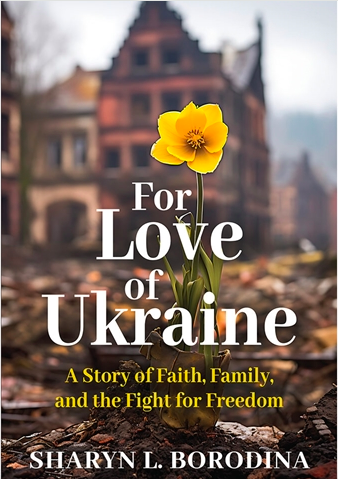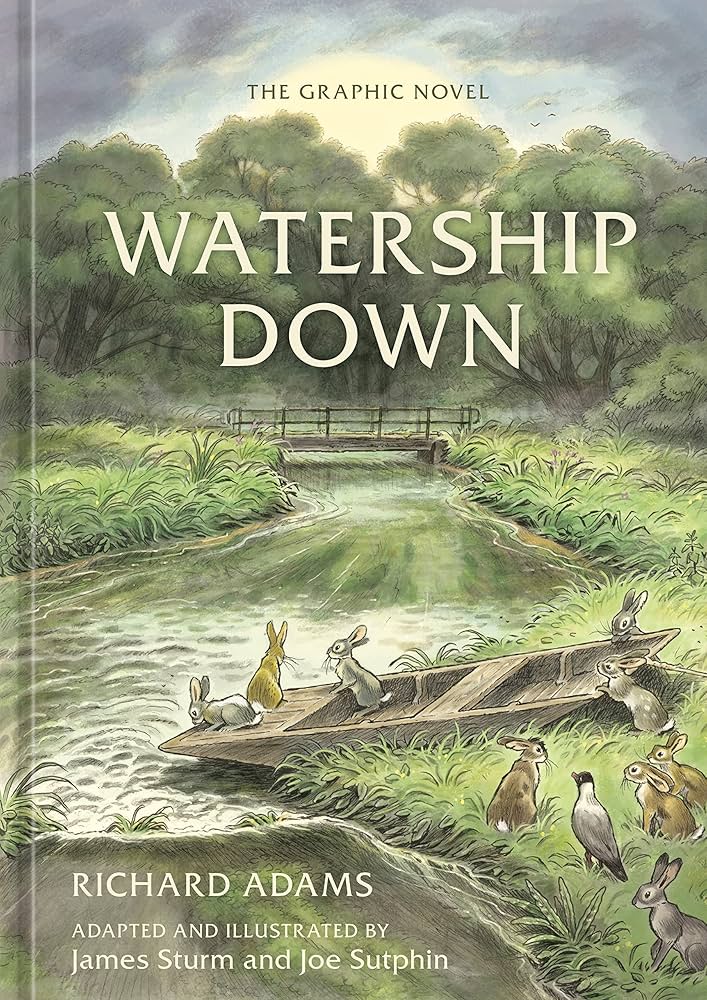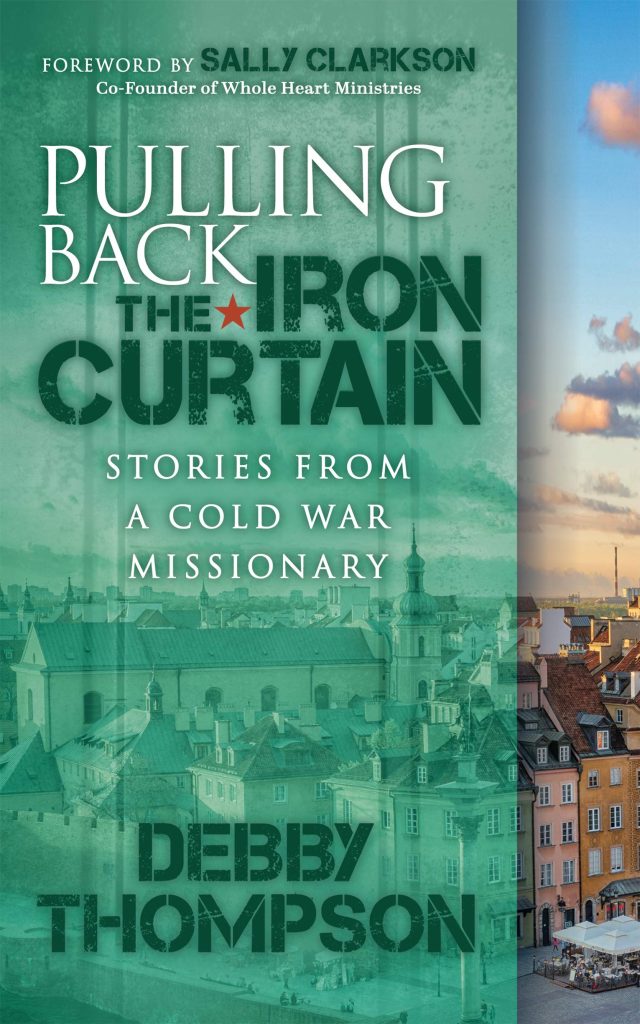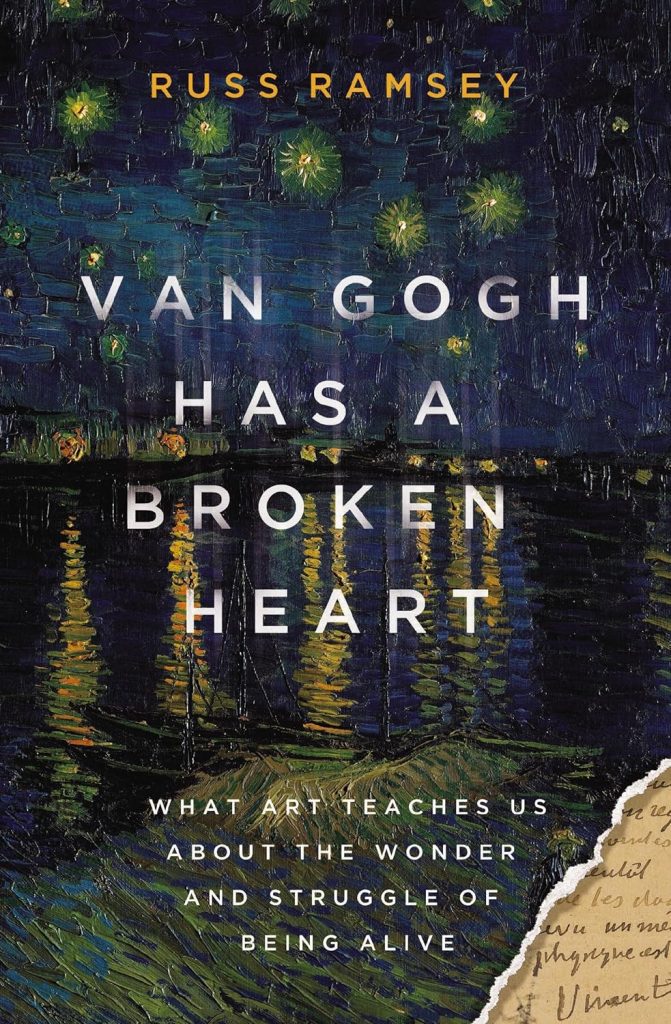Summer Book Reads
Since we have been busy packing and moving, we haven’t had time to sit down and write out any official reviews. Instead of giving a single review, we’ll just give a list of some of our summer reads and our rating.
- The Bark of the Bog Owl by Jonathan Rogers (Wilderking Trilogy #1) 4 stars- We listened to this as a family on our way to Montana. It was great as an audiobook! The boys loved it and its such a lovely retelling of the story of David. You can read more about my thoughts on it in my review from last year, I read the trilogy last year.
- Secret of the Swamp King (Wilderking Trilogy #2) 4 stars
- The Way of the Wilderking (Wilderking Trilogy #3) 4 stars
- Fantastic Mr. Fox by Roald Dahl 3.5 stars- Second time reading, we listened to the audio as a family. It’s one of those ones where I say the movie is actually better.
- This Homeward Ache by Amy Baik Lee, 4 stars- I wanted to write a review on this one but it’s been too long now since I read it and it will take me too long to remember everything. It was a lovely book though and perfect for this season of life. The main point was to redirect our longing for places or seasons of our life toward a longing heavenward.
- Born A Crime by Trevor Noah, 4 stars- So interesting learning about life under apartheid, really shocking that this was not that long ago.
- Into the Uncut Grass by Trevor Noah, 3 stars- Very much like The Boy, the Mole, the Fox and the Horse but pales in comparison. It was cute and sweet though.
- The Tale of Despereaux by Kate DiCamillo, 5 stars- Audio book with the family, second time reading this beautiful story of forgiveness, identity, and love.
- Bridge to Terebithia by Katherine Paterson, 4 stars- I read The Great Gilly Hopkins earlier this year and enjoyed it so I thought I would read another Paterson book. This was also great, I cried at the end. Great book for looking at grief in children.
- Liturgy of the Ordinary by Julie Canlis, 5 stars- Second time reading this one. Just some great thoughts on our humanity in Christ. Love it.
- Chitty Chitty Bang Bang by Ian Fleming, 4 stars- Audio book with the family. Quirky, fun book for the family. I loved that it was about a family having an adventure together.
Currently Reading
Discovering God through the Arts by Terry Glaspey- loving it already!
The Adventures of Father Brown by G. K. Chesterton- It’s been on my To-Be-Read pile for a long time!
Other Exciting Book News
One of the current co-leaders and dear friend from Ukraine, Sharyn, has recently released her story of coming to missions as a book! Lance and I had the privilege to preread it almost a year ago. We were not only blessed to read the early draft and brainstorm organization/titles but we were blessed to hear of their faith and trust in God’s goodness and plans. Her story starts with how she came to Ukraine and ends with how the base helped in the humanitarian efforts during the full scale war in Ukraine. We both recommend this current missionary biography that will encourage you and strengthen your faith. You can buy a copy at YWAM Publishing, on Amazon for a Kindle version or just click HERE.



